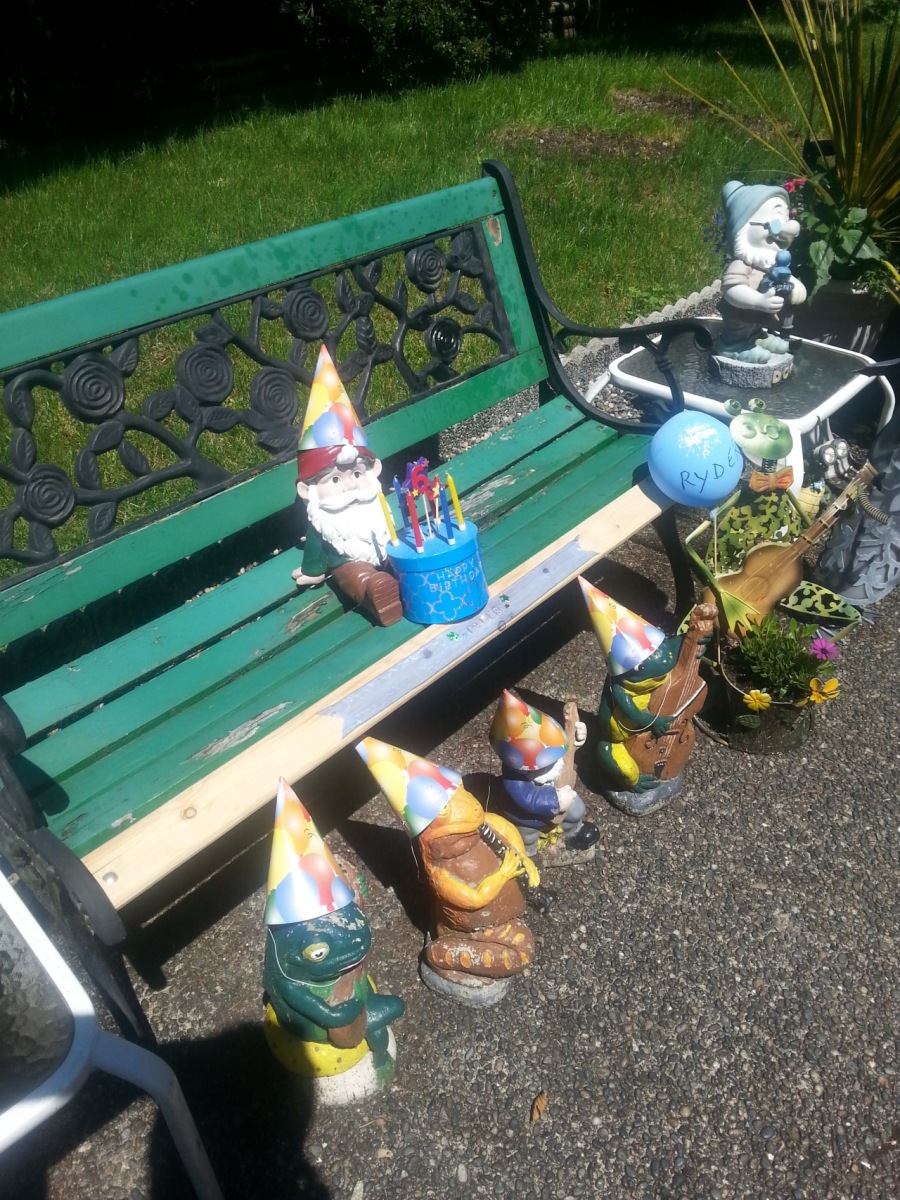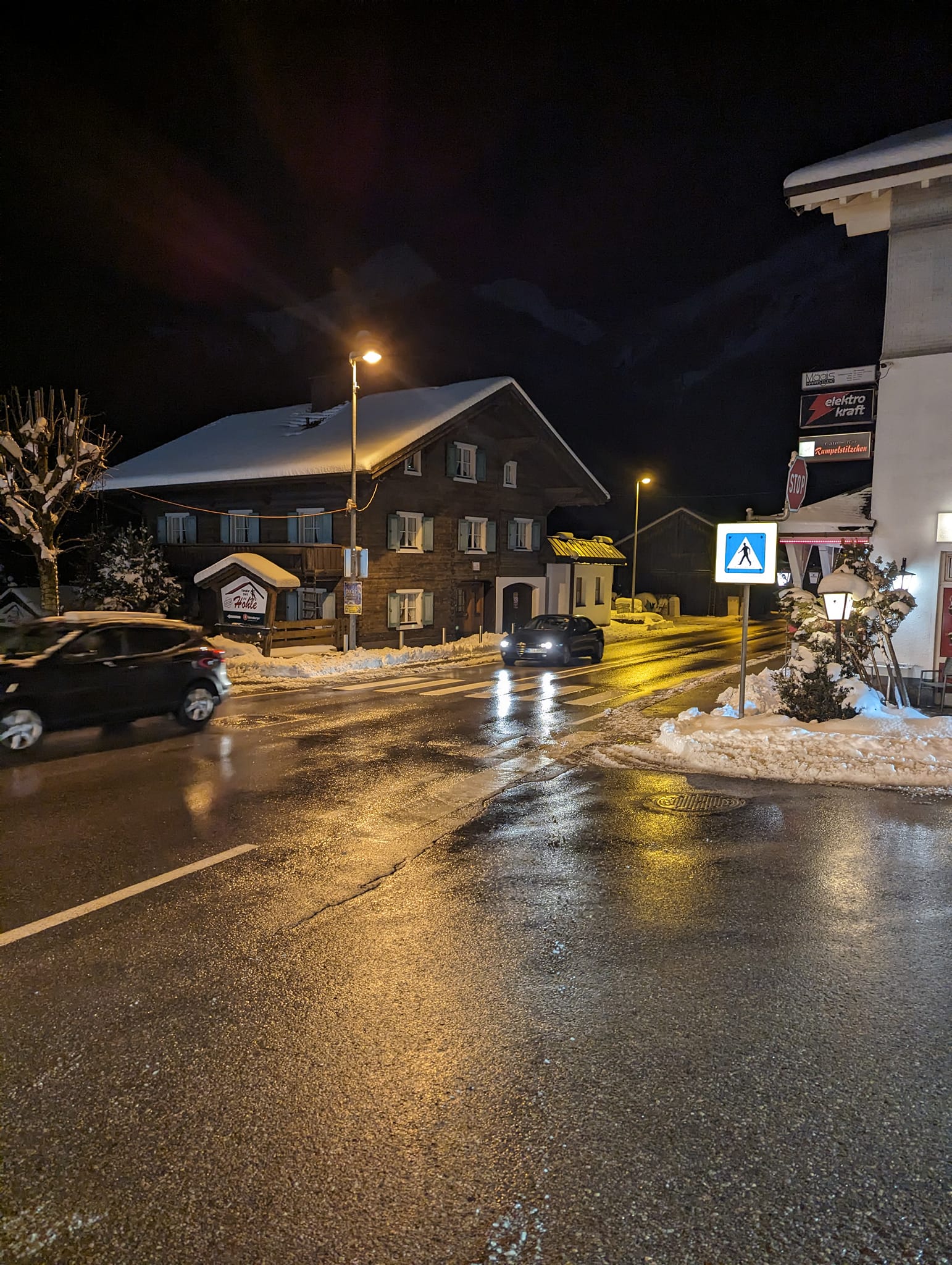Why do seniors not protect themselves from pneumonia?
At a workshop I was doing recently I was asked a question, “is pneumonia contagious” I thought it was but I was not sure, I had pneumonia a few times in my life and so I am concerned about this infectious disease.
In 2014 the number of visits to emergency departments with pneumonia as the primary hospital discharge diagnosis was 423,000 and 50,622 died of this infection. The deaths per 100,000 population in 2014 was 15.9, which is high. Source: https://www.cdc.gov/nchs/fastats/pneumonia.htm
Despite this, around two-thirds of older adults do not get the recommended pneumococcal pneumonia vaccination to prevent pneumonia.
Pneumonia can be prevented, particularly in people who do not have chronic lung diseases. By avoiding sick people, staying home when ill, washing hands, and adopting basic health measures, such as getting vaccinated, it is possible to prevent this potentially fatal illness.
Back to the question Is pneumonia contagious? Pneumonia refers to an infection in the lungs caused by certain germs, such as bacteria or viruses. When one-person spreads germs that can cause pneumonia to someone else, the recipient can develop a range of respiratory infections, from mild cold symptoms to pneumonia. The problem is that there is a range of factors that determine whether pneumonia is contagious:
Most cases of pneumonia are due to the spread of bacteria and viruses. Bacteria are living organisms that respond to antibiotics. Viruses are tiny strands of protein and genetic material that cannot be treated with antibiotics. Both viruses and bacteria are contagious.
Pneumonia often develops after a person has had a different infection, such as a head cold. This makes a person more vulnerable to other types of infections. An infection that develops in the lungs is called pneumonia.
Some organisms are more likely to cause pneumonia than others. One common example is pneumococcal disease, a bacterial infection that can cause ear infections, sinus infections, infections of the brain and blood, and pneumonia.
Another type of bacteria called Mycoplasma pneumoniae can cause other forms of pneumonia. Mycoplasma bacteria are also contagious.
The influenza virus or the flu is a common cause of viral pneumonia. The virus spreads easily from person to person, causing a range of symptoms and conditions.
Some causes of pneumonia that can be caused by inhaling food particles or contents from the intestinal tract, some fungi are not contagious.
In most cases, infections are contagious for a few days before symptoms appear and for a few days after. The exact length of time a person is contagious depends on the type of microorganism causing the infection.
Some forms of pneumonia, such as pneumonia caused by mycoplasma, remain contagious for several weeks. If a person has pneumonia, they should speak to a doctor about how long the infection will be contagious.
Although anyone can get pneumonia, some people are at greater risk. Pneumonia occurs when an infection develops within the lungs. It can cause complications with breathing and spread to other parts of the body such as the bloodstream.
People who are more likely to get pneumonia include:
very young children and babies whose immune systems are not fully developed
- older people with weakened immune systems
- pregnant women
- people taking medications that suppress the immune system
- people with diseases that weaken the immune system, such as cancer, HIV, and AIDS
- people with autoimmune diseases, such as rheumatoid arthritis
- people with lung and respiratory conditions, such as chronic obstructive pulmonary disease (COPD), cystic fibrosis (CF), and asthma
- People at risk of pneumonia need to be especially cautious around people who have recently had pneumonia or another respiratory infection.
Pneumonia is transmitted when germs from the body of someone with pneumonia spread to another person. This can happen in a variety of ways, including:
Inhaling the infection. This can occur when a person with pneumonia coughs or sneezes and another person inhales the infected particles. This is more likely among people in close contact with each other, such as parents and children, or in poorly ventilated spaces, such as airplanes.
Through the mouth or eyes. This can happen when a person touches a surface that an infected person has coughed or sneezed on. When a person with an infection coughs into their hand and then shakes another person's hand, the second person can become infected if they touch their mouth or eyes without washing their hands.
Food particles and irritants from the intestinal tract can also cause pneumonia. This is called aspiration pneumonia and can occur when a person accidentally inhales these substances.
Aspiration pneumonia usually happens in people who have trouble swallowing, such as someone having a diagnosis of a stroke or other central nervous system conditions, such as Parkinson's disease.
Fungal pneumonia typically develops when people inhale microscopic particles of fungus from the environment. People with weakened immune systems are more likely to develop this type of pneumonia.
Most people recover from pneumonia without any lasting effects. In vulnerable people, pneumonia can be fatal. Worldwide, pneumonia accounts for 16 percent of deaths in children under 5. Older people and those with a weakened immune system are also more likely to experience serious complications.
Older people, people with serious illnesses, parents of newborns, and caregivers to sick people should make sure all visitors wash their hands. It is best that people with symptoms of a respiratory illness or fever do not visit a vulnerable person until their symptoms are gone. Other strategies that can reduce the risk include:
- washing hands before eating, after touching people, and after going out in public
- disinfecting all surfaces in the home, particularly if someone has recently been sick
- keeping up-to-date on all vaccinations, especially any household members around infants who are too young to be vaccinated
- avoiding locations with inadequate air filtration during cold and flu season

Articles from Royce Shook
View blog
2. - Second Important Lesson - Pickup in the Rain · One night, at 11:30 p.m., an older African Ameri ...

I was sent this by one of my high school friends, I added to it and thought I would share · 1. · I w ...

Please note that these statements are intended to be humorous and based on stereotypes I have heard ...
You may be interested in these jobs
-
Casual Security Officer
Found in: Talent CA C2 - 6 days ago
09 Irving Oil Limited Saint John, Canada Part timeWe are looking for Security Officers to join our team on a term, casual basis. If you enjoy working in different physical locations, thrive being part of a team, and have a strong security and safety mindset, this could be a great opportunity for you. Our team of Security Officer ...
-
landscape worker
Found in: Talent CA 2 C2 - 2 days ago
Ocean View Landscaping Co. Ltd. Surrey, CanadaEducation: · Expérience: · Education · No degree, certificate or diploma · Work site environment · Outdoors · Wet/damp · Noisy · Odours · Dusty · Hot · Work setting · Various locations · Tasks · Assist with landscape constructions · Weed, prune and trim trees and plants · Cut g ...
-
Solution Focused Brief Therapy Counsellor
Found in: Talent CA C2 - 2 days ago
Homewood Health Hubbards, Canada Part timeHomewood Health is actively seeking registered mental health professionals interested in providing In-person service on an occasional, contract basis for Homewood Health Stay at Work Services, Employee and Family Assistance Program (EFAP) within the Hubbards, Nova Scotia area. · ...



Comments